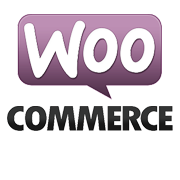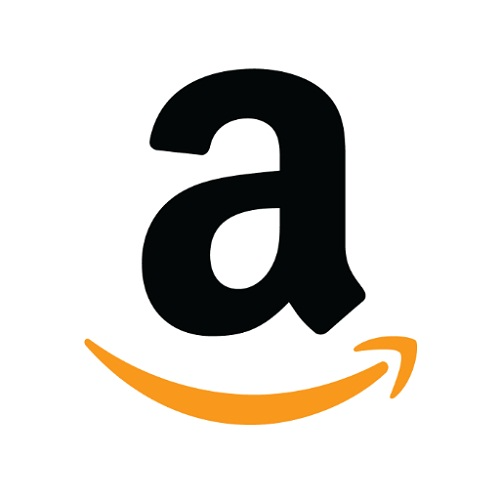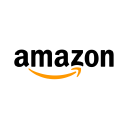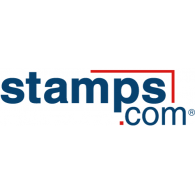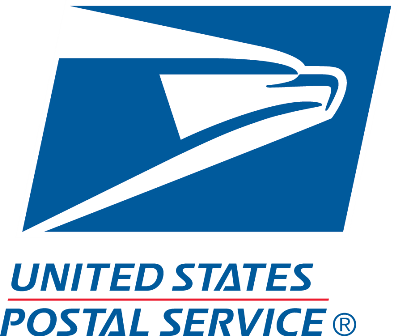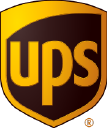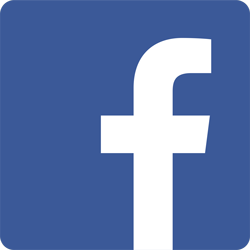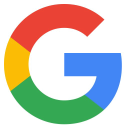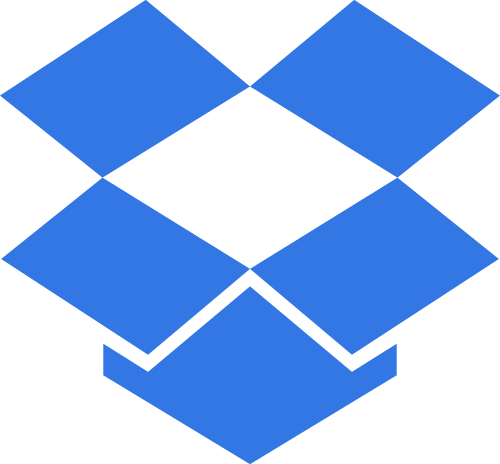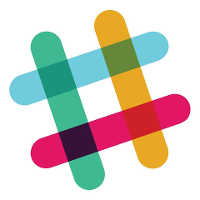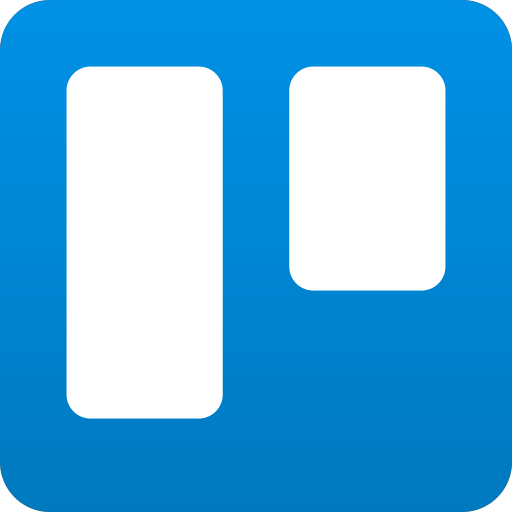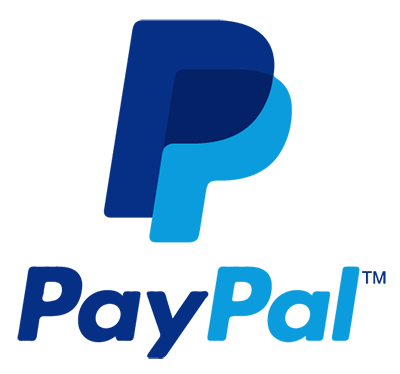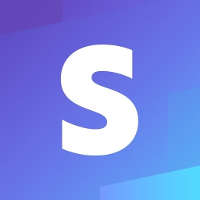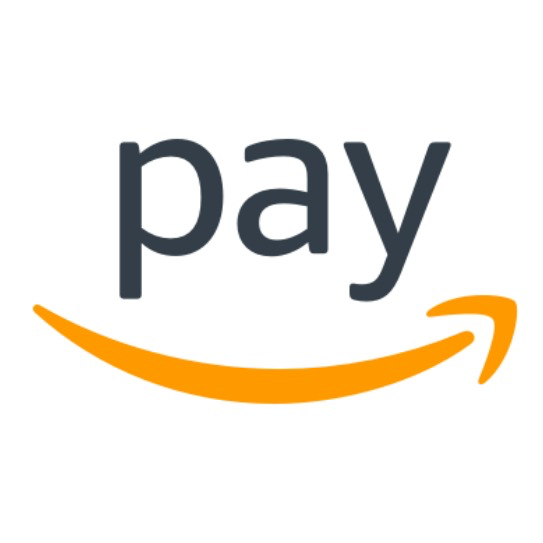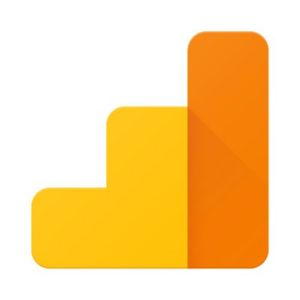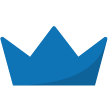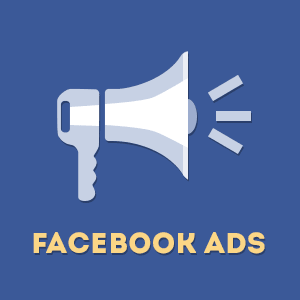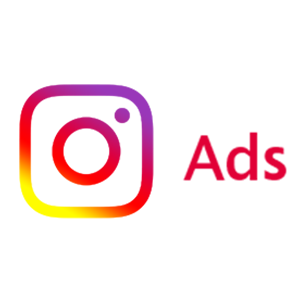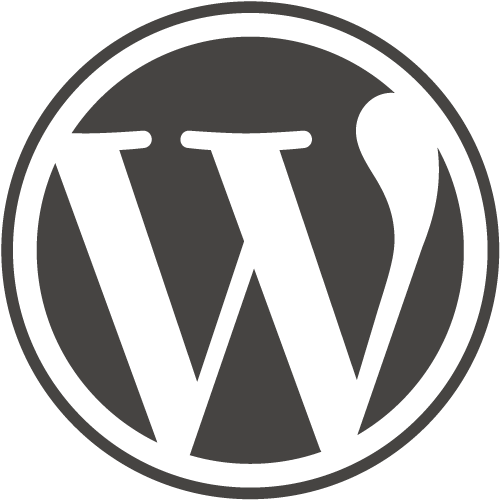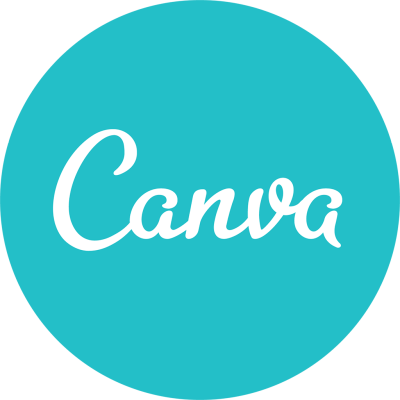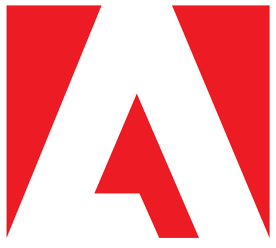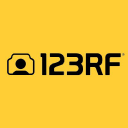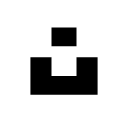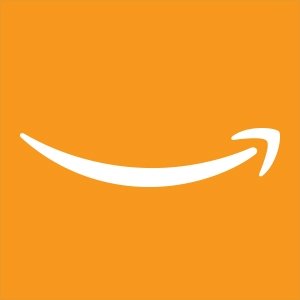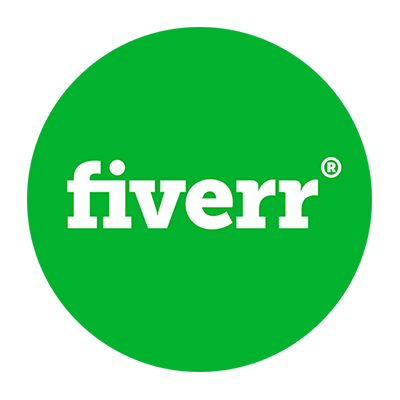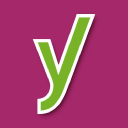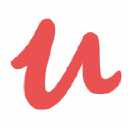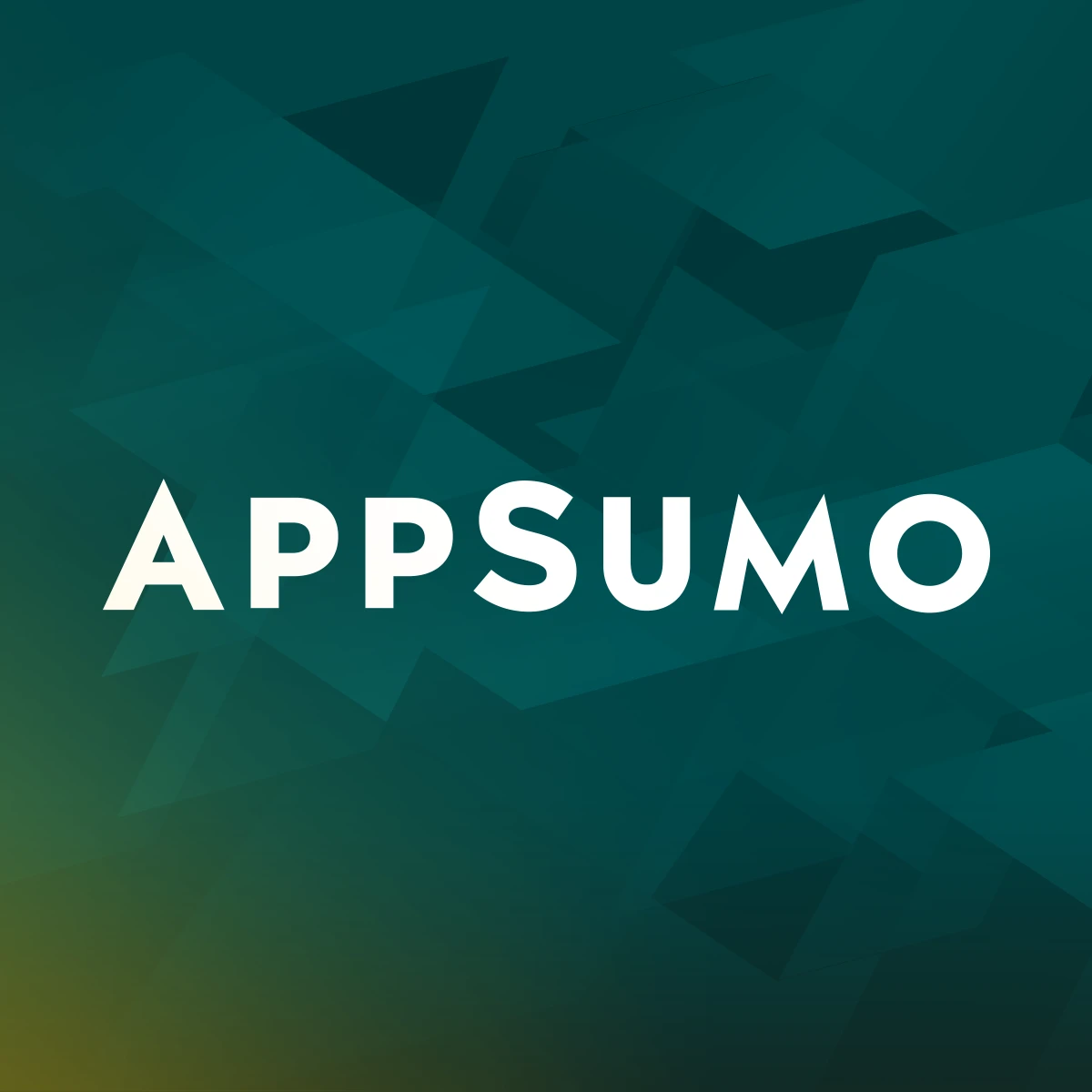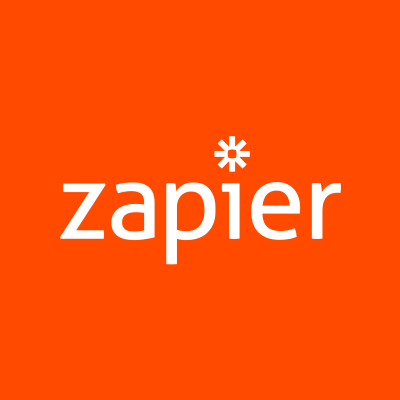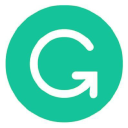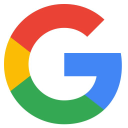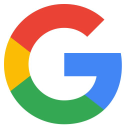How I Generate $10K/Month As An Indie Writer
Hello! Who are you and what business did you start?
My name is Nick Thacker, and I’m a full-time author of thriller and action-adventure novels. I write in the same genres as Dan Brown, Clive Cussler, James Rollins, and Lee Child, and my main series is about a Yellowstone park ranger named Harvey Bennett. Most of my readers are 45 years old and up, about 50/50 men/women, and the vast majority of my sales come from Amazon (either directly or through Kindle Unlimited, where I’m paid based on pages read).
I started writing back in 2011, but it was never something I thought I could do full-time. I was working a 9-5 job and I eventually realized I was making more by writing than I was at the day job, so I quit. Today, I’m pulling in about $10,000 a month on the low-end, and up to $20,000 during a heavy promotion or launch period.

What's your backstory and how did you come up with the idea?
I’ve always been a fanatic reader, specifically in the thriller genre. I discovered Dan Brown as a kid, then James Rollins, and I’ve always love action movies that combine adrenaline and history (think National Treasure, Indiana Jones, etc.).
I decided to write a book (my first was called The Golden Crystal, and it has been re-launched as The Atlantis Stone) when my grandfather passed away. He had always been a strong positive influence in my life, and he, my dad, and I often swapped paperbacks we liked. That first book was intended as a gift for my dad for Christmas, and it was going to be the only one I ever wrote -- just to see if I could do it.
I had no idea what I was doing (arguably, I still don’t…). I just thought it would be fun to combine technology with the discovery of Atlantis… in some way. When I got started, I was naive enough to think that books simply happen, but the book very quickly got the best of me. I took a six-month break and consumed as much as I could on the subject of the craft of writing fiction. I’d never really written anything before, so it was an eye-opening experience to learn about structure, plot tropes, character development, and everything else that goes into a good, cohesive story.
I garnered a newfound respect for my favorite authors and got back to work. The result was… okay. It still needed a lot of work, and thanks to a very in-depth editor (who amazingly volunteered to do the work free of charge!), I got the book whipped into good enough shape that I could release it.
The book “launched” (I have to put that word in quotes because I didn’t know anything about launching books then… I just printed a few copies, self-published it on Amazon, and went on with my life) and my dad, of course, absolutely loved it (though he is contractually obligated as my parent to love it). It was -- and is -- a good story, but it was certainly nothing earth-shattering.
I was working a full-time job at a marketing company, so I didn’t look at the book as an income stream. It was just a fun project, and I had the badge of accomplishment that I had done something special. The thing was, while I was writing it, I couldn’t cram all of the other ideas I’d come up with into the story. Those ideas sat in a folder on my computer until I had enough I could string together into a second book.
And that’s where things got interesting. That second book (The Depths) challenged me in completely different ways (I made the protagonist a mother, for one), and then the third book (The Enigma Strain) followed shortly after. That third book seemed to hit a stride, and readers were asking me for a follow-up. I obliged and released The Amazon Code as a sequel to it, and things began to take off.
The key to me was to never stop building and hacking. I was never happy with the status quo. I hate spending $300/month on email service, so I figured out how to build my own.
Take us through the process of designing, prototyping, and manufacturing your first product.
I self-published my first books for two reasons: First, the traditional publishing market is inherently flawed — they’re in the business of printing on dead trees, not in the business of selling books. They also have a long process (usually 18 months from manuscript to release) and are consistently paying new authors less and less (and are offering much less in terms of marketing that author in return). Second, I actually really enjoy the product creation process (book packaging is what it’s called in the industry). I have a background as a graphic and web designer, it wasn’t much of a stretch to learn InDesign for book layout and get my marketing materials in place.
Today, I run a full-service book production firm for my books called Turtleshell Press, LLC. (there’s no website right now because I can’t decide if I want to step into a new role as a hybrid publisher). It’s an S-Corp, which means I take a salary from the company. I have part-time and seasonal contractors (assistant, bookkeepers, accountant/tax professionals, and co-writers) that I work with, so my time is now split between management and running a business and the actual writing process.
Most of my “startup costs” were spread out over the course of growing the business. For example, most new authors, in my opinion, should not print 10,000 copies of their book! These days there are high-quality print-on-demand options that sell directly through Amazon, and many readers are reading on ereader devices anyway. Most of my income, in fact, come from Kindle (about 80%).
It costs a couple of hundred dollars to set up an LLC online, and a few hundred more for the advice and guidance of professionals like accountants. Essentially, for what I’m doing, there’s not a lot of capital upfront. Each book is a new product, but the process is exactly the same for each of them: edits, package the book (cover design/interior layout), upload to stores, update a website, set up advertising, etc.
I do all my own covers, which isn’t something a lot of authors do (or should do!), so I save $400-500 on that. My editing process is simple: after reading throughs (two or three times working with the story and massaging it into place) I have a beta team of about 200 readers who pick it apart, finding just about everything that I’ve missed and grilling me about story problems. Finally, I send it through what I call “The Gauntlet,” which is a combination of premium grammar and writing software packages that polish things up. After a final readthrough, my book is “done.” I don’t shoot for 100% perfect because there’s no such thing, but I want it to seem 85-90% there.
The key to being a successful indie author is twofold: build a mailing list from day one and be able to produce 3-4 good books a year.
I’ve paid editors in the past, and while they are fun to work with, they typically find the same things (and miss the same things) I do on my own, not including what the beta team and software can do. Since I work from outlines and those are very intricate, there’s not often a need for a developmental editor, either, so bringing this whole process in-house saves me around $2,000-$3,000 per book.

Describe the process of launching the business.
Things started slowly; I worked full-time at the marketing company, then at a church, for six more years as I built up my writing career. I took it seriously after the third book began to sell well enough to pay a utility bill, and I added pieces to the puzzle as I grew. I tend to be risk-averse these days, even though in my business classes in college I liked to dream about entrepreneurship and building a startup. When I quit my job in June of 2018, my wife was still working full-time and had benefits to cover us in case something drastic happened.
She was able to leave her job a few months later, and while it certainly caused some anxiety (I got a letter from the IRS, had to shop — and pay — for health insurance, and I was seeing wild swings in income due to the cyclical nature of book sales), things settled down in about six months and I started to “feel” like a business owner.
I pay about $3-4,000 a month for advertising, mostly through Facebook and Amazon. This is all on a business credit card that earns 3x points on social media advertising, so I’m usually earning a free trip for my entire family every six months or so. That’s helped immensely, and while I hate credit card debt, I see the credit in general as a way to leverage business, as long as it’s used wisely.
I’ve learned that what most people see when they see a “successful” author is an author who had a breakout novel. Usually, that couldn’t be further from the truth — more likely, that author worked their ass off for years, writing and releasing books and slowly getting better, earning a readership, and building a brand. It’s the Chris Guillebeau 279 Days to Overnight Success mindset — a concept that’s stuck with me since I read it years ago.
Since each of my books is a new product, I think of launching each of them like launching a brand-new business. I’ll try a different strategy, like using giveaways and social mentions to drive early sales, or I’ll do “secret” launches to my mailing list (currently 60,000 readers). Every tactic I try is scrutinized and measured, and I eventually try to “master” that tactic so I can combine it with a new tactic in a future launch. The strategy, however, stays the same: write books that I would want to read and make sure they are packaged as well as possible.
Since launch, what has worked to attract and retain customers?
The key to being a successful indie author is twofold: build a mailing list from day one, and be able to produce 3-4 good books a year. Many indie authors write much faster than that, but I don’t know a lot of successful indies who write slower than that.
The reason this strategy works is that Amazon (it’s not really worth mentioning other retailers here because Amazon is 90% of the market) has a “cliff,” usually 30/60/90 days, after which their promotional algorithm ceases to work in your book’s favor. So by constantly “feeding the beast”, you can ensure that your books are staying “front and center” to customers.
I’ve also found that writing in a series is a huge boon to my success. My Harvey Bennett Thrillers series has 8 books, and my Mason Dixon Tropical Thrillers series has 3 (and a mixology handbook was written by Mason Dixon himself…). Writing in series pulls in readers and guarantees them a certain amount of entertainment.

I have CTA (calls to action) at the beginning and end of all of my books, and that CTA is simple: sign up for my mailing list, and I’ll give you three free books. I make good on that promise, and readers can check out my stuff at zero cost to them. Aside from those CTAs, I run giveaways, Facebook ads, and hustle on Instagram to generate more signups. Most of the time my CPC for FB ads is around $0.12-0.19, and about $0.25-0.30 for actual signup. For ads that are intended to generate direct sales, my CPC is around $0.30-0.40.

I wrote a detailed article about launching my books on my personal website, and while it’s my strategy (YMMV, obviously), I believe it’s a great starting point for new authors looking to see what it’s all about.
My ebooks are exclusive through Amazon’s KDP/KU (Kindle Direct Publishing/Kindle Unlimited) program, which means readers can pay $10/month and read any of the KU books for free. I get a better royalty split (70% instead of 35%) and I get paid per pages read (the rate changes monthly, but it hovers around $0.0045 — four-tenths of a cent).
That means if someone buys one of my books outright, I net about $4.50 (there are some small “delivery fees” taken out as well), while if a reader in KU reads my entire book I net about $2.35 (assuming a Kindle Edition Normalized Page count of 524). The thing is, I can also set my books to “free” for up to 5 days every 90-day enrollment period, and if a KU subscriber downloads my free book during that time and reads it, I still get the $2.35 from them.
Using sites like BookBub I can generate upwards of 20,000 downloads of a free book in a day, though getting those placements aren’t easy (nor can I do it every day!). But those numbers add up, and it’s a great way to keep my books relevant to readers between releases.
In all, getting readers either to Amazon’s sales page, my own website’s sales page for swag and fun stuff or on my mailing (or all three!) is absolutely key. My mailing list, unsurprisingly, is gold. I treat those readers with the utmost respect because they are, quite literally, my business.
How are you doing today and what does the future look like?
Things are looking up — we recently returned from our second winter in Hawaii (I know, tough life), and it’s been great to get back into a rhythm of writing regularly again. I’m planning a book launch in October that I wrote with a friend, and another in November that will be the 8th book in the Harvey Bennett series. Next year I’m hoping to release 10 books between me and my co-written titles.
I’ve been profitable from the beginning, considering that my writing career was exclusively a side hustle for the first few years. When things picked up, I waited until my writing income was making about 30% more than my take-home pay from my day job (not sure where I heard that number, but it makes sense).
Since everything I write is sold either digitally (ebooks and audio) or print-on-demand (hardcover and paperback, swag, etc.), there’s no cost of goods sold calculation that I need to add to the P&L statement — when it hits my bank account, it’s profit. That said, I try to budget 30% for my own salary, 30% for marketing and contractors, and another 30% for future business investment.
The other 10% is for unforeseen overages/opportunities. It never works out that smoothly, since writing is a very cyclical thing. My books tend to do best around the holiday season (October — February), when people are playing with their new e-readers they got for Christmas and worst during the summer months.
One of my most important metrics is called the “readthrough,” the percentage of readers who read through my entire series, from Book 1 to Book 8. Then the dollar amount can be used for advertising: if I know that a reader is “worth” about $12 to me, I have a lot of breathing room for running CPC and CPM ads. That allows me to test a lot of different styles and ad configurations, where newer authors (and authors who don’t know that number) can’t.

I’ve also recently started a company called Sonata & Scribe that produces “soundtracks” for books (not audiobooks, but actually composed and recorded soundtracks). Authors are using this content in incredible ways, like offering CDs to their fans, adding background music to their audiobooks, and generating new revenue streams on music sites.
I have a degree in Music Composition, so this wasn’t much of a stretch for me. I often thought it would be really cool to realize my main character’s “main theme” in a full orchestral recording, and now I can!

Through starting the business, have you learned anything particularly helpful or advantageous?
There’s a balance between writing well and marketing, meaning some authors seem to think they can publish absolute crap and market it well. This can work, but then they’re forced to continue writing so much faster and never taking a break. On the other hand, readers don’t need books to be Pulitzer prize-winning good. Writing to market (understanding what the genre expects/wants), and writing well enough to be authoritative in that market (high-quality writing, good editing, great design) is good enough. It’s a combination of both writing and marketing that earns readership.
The biggest challenge I faced was a huge bout with anxiety/panic attacks, mainly because I’d never in my life have struggled with it. I didn’t know what it was at the time, and I’d just gotten a letter from the IRS, found out my wife was leaving her job (we’d planned for it to take a bit longer than two months after I went full-time!), had to figure out the marketplace for health insurance, and a whole host of other small things that sent me over the edge. I am much better now — I know my limits, like how late I should stay up and how much alcohol I can drink, and I went through therapy and was on medication for the worst of it.
Mental health is a very real thing, even though it can feel, ironically, as though it’s all in your head. It’s not. It is a physiological response to something in your head, but that means it can have very physical repercussions. Aside from that, anxiety just plain sucks. I urge anyone who feels anxious to begin the long, slow process of seeking help, studying themselves, and reading about it — it is something you can learn to live with and manage!
On the flip side, I’ve also learned that while I’m risk-averse, that means I’m also careful. I have a pretty good “BS-meter,” and that’s saved me from a bad deal more than once. The indie author community is full of good people, but there are some bad apples who want to leech off people. By having a savvy marketing mind and a bit of a business background, I’ve been able to run my career without too many sidesteps.
What platform/tools do you use for your business?
Wordpress + Divi theme for the website, because it’s easy, securable, and powerful. WooCommerce for sales on the site, and a whole host of smaller plugins/code that I’ve hacked together over the years.
Amazon has a pretty solid dashboard of tools as well, including the main publishing site, KDP, and their advertising platform, AMS (Amazon Marketing Services).
I’m also a fan of Adobe’s software suite. I feel at home in Photoshop and InDesign ;-)
What have been the most influential books, podcasts, or other resources?
For writing:
- Dwight Swain’s Techniques of the Selling Writer single-handedly got me through my first book, and it’s one I read every year
- Dean Koontz’ Writing Popular Fiction is great for understanding some of the popular genres and their expectations
- And my buddy Chris Fox has a whole series on the business side of writing here.
For business/marketing:
- I read Ray Dalio back before he had a book out, but now it’s one of my favorites: Principles
- I also love Robert Greene’s work, especially Mastery
- I’m a huge fan of Pat Flynn and his site, and I got to grab coffee with him in Honolulu this year!

Advice for other entrepreneurs who want to get started or are just starting out?
There are so many cliches in the entrepreneurship arena: “just get started,” “follow your passion,” “don’t take no for an answer.”
They’re all right, in a sense. The thing that surprises me most isn’t that I’m an entrepreneur — I sort of always knew I would be. It’s that I ended up with “writing” as my business.
I’ve started a marketing company, a printing company, a web design business and partnership, an email service for authors, and a handful of little projects here and there. I love building things, breaking things, and working with people to create things out of nothing. The surprise was that this single book — a gift for my dad — turned into a whole line of books and characters and stories that people wanted to pay me for!
The key to me was to never stop building and hacking. I was never happy with the status quo. I hate spending $300/month on email service, so I figured out how to build my own interface and use Amazon’s cloud services to send them for 10X cheaper — that became a service a lot of other authors was interested in. Ditto for the soundtrack company, and the marketing/print materials stuff. It starts with needing something for my own career or hobbies, and then building it out and realizing there are others out there who want it.
I didn’t write books so I could sell them, but I absolutely wrote to them because they were the sort of thing I’d want to read. The funny part was that I then realized I’m not that unique, and there were a lot of people out there just like me, who read the same stuff. Once I figured out how to put my books in front of those people, sales rolled in.
And the best part of all is that with my own business, there’s no ceiling. I am constantly amazed not only by the fact that I’m able to do this for a living, but by how many people there are in the world — and they all need a book to read ;-)

Are you looking to hire for certain positions right now?
I’m not actively hiring for any positions, but I do always need beta/proofreaders. If you’re interested in getting some free books from me before they’re released and can commit to (at the very least) leave an honest review on them when they drop, check out the Street Team page of my site.
Also, I love working with co-writers. If you think you’d like to try your hand at penning a novel, shoot me an email.
Where can we go to learn more?
If you have any questions or comments, drop a comment below!

Download the report and join our email newsletter packed with business ideas and money-making opportunities, backed by real-life case studies.

Download the report and join our email newsletter packed with business ideas and money-making opportunities, backed by real-life case studies.

Download the report and join our email newsletter packed with business ideas and money-making opportunities, backed by real-life case studies.

Download the report and join our email newsletter packed with business ideas and money-making opportunities, backed by real-life case studies.

Download the report and join our email newsletter packed with business ideas and money-making opportunities, backed by real-life case studies.

Download the report and join our email newsletter packed with business ideas and money-making opportunities, backed by real-life case studies.

Download the report and join our email newsletter packed with business ideas and money-making opportunities, backed by real-life case studies.

Download the report and join our email newsletter packed with business ideas and money-making opportunities, backed by real-life case studies.
